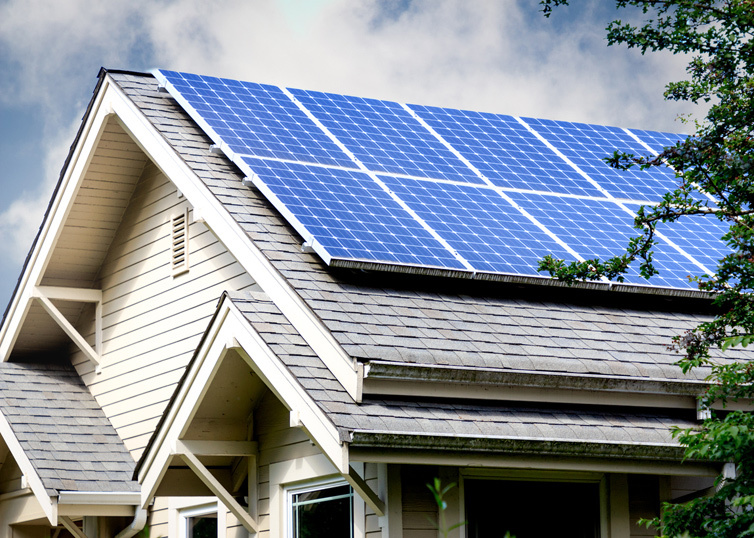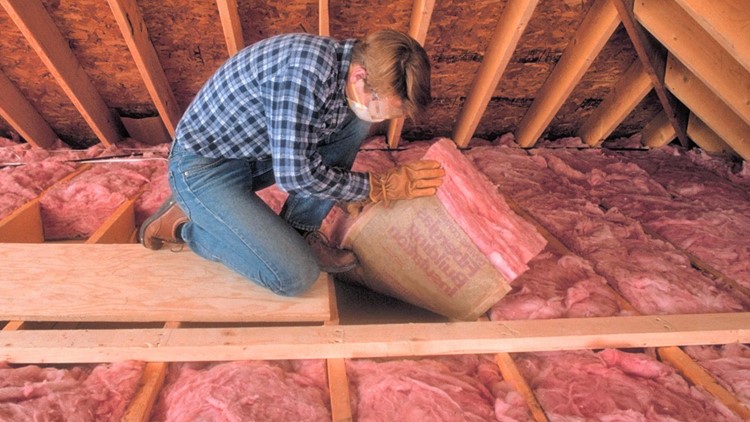According to SEIA statistics, Colorado was one of the first US states to implement a Renewable Energy Standard. The state currently has $5.2 billion invested in solar initiatives.
Almost half a million homes in this state enjoy the cost savings from clean solar energy provided by utility companies or residential solar panels.
Are you a Colorado resident and eager to join the move toward solar panels? Are you wary of the costs?
A range of Colorado solar incentives go a long way toward helping homeowners get on board with sustainable energy. Keep reading to find out how you can save when you install solar energy in Colorado.
The Federal Residential Clean Energy Credit
Solar panel installations are getting cheaper all the time.
According to this solar panel installation company, it’s already almost 50% cheaper to install solar power now than it was ten years ago. Plus, the federal government is offering taxpayers even greater savings now than they did under the Federal Tax Credit offered in 2006.
In August 2022, Congress implemented the Residential Clean Energy Credit as part of the Inflation Reduction Act of 2022. This means homeowners can deduct 30% of the cost of installing renewable energy in their homes up until 2023.
Certain terms and conditions apply, such as:
- You must own the solar panels installed on your home
- You can’t deduct any costs associated with solar loans, e.g., interest
- Your credit can’t exceed the amount you owe in tax
You can carry forward any credit that exceeds your tax owed and apply it to future tax returns. To apply for this solar incentive, you must complete your solar panel installation in the relevant tax year.

State Property Tax Exemptions in Colorado
Colorado’s Property Tax Exemption for Residential Renewable Energy Equipment applies to home solar installations up to 100kW.
It only applies to the value added by installing solar panels in your home. That means you’ll pay the same property tax despite an escalated home value due to installing solar.
Under Colorado state law, county and municipal governments may also offer additional local exemptions and solar incentives on property tax and sales tax.
Check with your local authorities to find out how much you qualify for when you install solar.
Colorado State Sales Tax Exemptions
Colorado sales tax is 2.9%, which amounts to considerable savings on a large solar installation. Some municipalities charge as much as 11.2% sales tax, so you can save even more with local exemptions.
Homeowners don’t need to apply for these savings, your solar installer will account for them. This makes the sales tax exemption the easiest way to afford a solar installation.
This incentive applies to solar panels plus the following associated hardware:
- Racks or supporting structures
- Inverters
- Switchgears, wiring, and control systems
- Generator step-up transformers
- Concentrating solar power components, like mirrors
Energy storage devices, labor costs, and remote monitoring systems don’t qualify for the sales tax exemption in Colorado.
Net Metering in Colorado
Colorado has a generous net metering policy. This means utilities must pay homeowners for any net excess energy fed back into the grid.
These savings should reflect as a credit on your monthly utility bill and you should receive a check at the end of the financial year for any outstanding credits.
Black Hills Energy offers two options for net metering, namely the continuous rollover or year-end cash-out solutions. The company automatically enrolls homeowners in the year-end cash-out option, unless otherwise directed.
This means you’ll receive payment annually according to the avoided cost rate for the utility. This rate is much lower than the retail cost of electricity, so you lose out if you use more electricity than you put into the grid.
You must enroll into the continuous rollover program which carries any extra kWh over from month to month in perpetuity. If you choose this option, you can’t switch to the year-end cash-out program at a later date.
Xcel Energy offers similar savings, and both these power companies also offer performance-based incentives.
Utility Performance-Based Colorado Solar Incentives
Colorado’s two main utilities offer PBIs for solar installations up to 500 kW.
With Black Hills Energy, you can earn $0.030 per kWh with systems from 0.5 kW to 30 kW in size. This is a ten-year contract and the energy company claims all your RECs (renewable energy credits) during that time.
Xcel customers can earn $0.005/kWh when they agree to surrender the RECs to the power company for twenty years.
When you opt for PBIs, you could lose out if a huge demand for RECs develops, but these are a good way to earn some extra income for the next few decades.

Colorado’s Weatherization Assistance Program (WAP)
Colorado residents with high energy burdens can get financial help to install rooftop solar PV via the WAP. Once approved under this incentive, homeowners don’t pay for their solar installation or any other weatherization work required, like insulation or roofing.
Additionally, the WAP pays for all maintenance and repairs to these systems for up to 20 years, even though homeowners own the installed systems.
City of Boulder Solar Incentives
If you live in the City of Boulder, you can save even more when you install solar. This municipality offers the following incentives for renewable energy installations:
Home Solar Grant Program
This initiative applies to households with an annual income below $102,450. These homeowners can save up to 50% on top of all the other Colorado incentives when they opt for this incentive.
Local Solar Rebates
The City of Boulder allows homeowners to deduct an extra 15% of the city use and sales tax for permits and materials required for solar installations. These include solar water heaters, solar pool heating, and photovoltaics.
On average, you can save an additional $140 on a 4.5 kW photovoltaic system thanks to this rebate.
Embrace Renewable Energy in Colorado
You save up to 100% on your utility bills with off-grid solar in Colorado, but it’s easy to install and save on grid-tied installations, too, thanks to Colorado solar incentives.
With the Federal tax credit, property tax exemptions, net metering, utility PBIs, and local incentives, it’s easier than ever before to go solar in Colorado.
You could even enjoy free installation and maintenance when you install solar power through the WAP. Browse our blog for more information on all the latest home improvement trends.